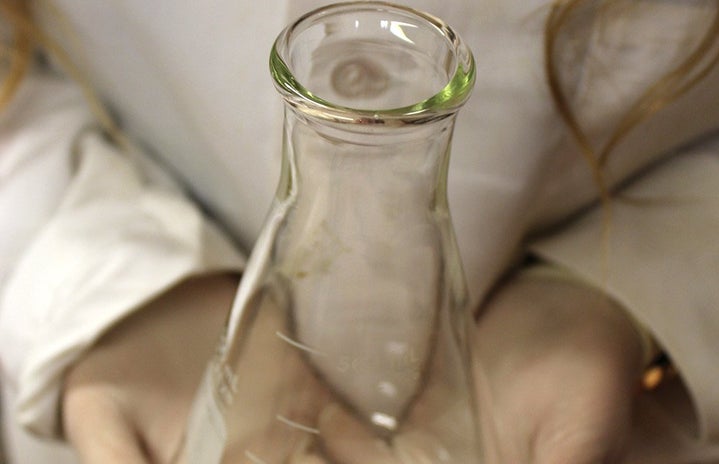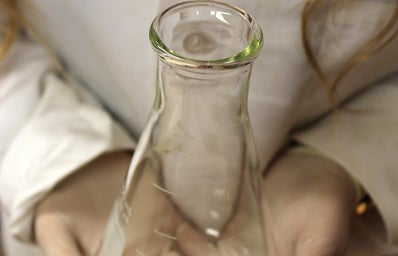Thirty years ago today, postdoctoral scholar Jennifer A. Doudna graced the CU Boulder lab in 1991 as the Lucille P. Markey Postdoctoral Scholar in Biomedical Science. She won her own Nobel Prize for Chemistry for the co-development of the revolutionary genome-editing tool CRISPR-Cas9, an accomplishment to celebrate. She is inspiring other students at CU to take the lead in their field.
“It still amazes me every day,” said Doudna after receiving the call that they had won the Nobel Prize in Chemistry. “I assumed she was calling me to ask me to comment on somebody else winning the Nobel Prize!”

Her research was based on RNA forms, a variety of complex globular structures, some of which function like enzymes or form functional complexes with proteins. RNA biology led to the discovery of CRISPR-Cas9 as a tool for making targeted changes to the genome. In bacteria, CRISPR systems preserve invading genetic material and incorporate it into surveillance complexes to achieve adaptive immunity. Crystal structures of diverse Cas9 proteins reveal RNA-mediated conformational activation. New discoveries in this field continue at a rapid pace, revealing a technology that has widespread applications in many areas of biology.

At the time of the award, she is working at the University of California, Berkeley, CA, USA. Her motivation was the development of a method for genome editing.
“We had a sense that we were onto something big,” said Jennifer Doudna, as she recalled the start of her “curiosity-driven” research into CRISPR and reflects on the pace of the field.
The award of the prize to her and Emmanuelle Charpentier will, she hopes, be an encouragement to other women. “Sometimes, there’s a sense that no matter what they do, their work will not be recognized in the way it would be if they were a man,” she said.

Information from:



